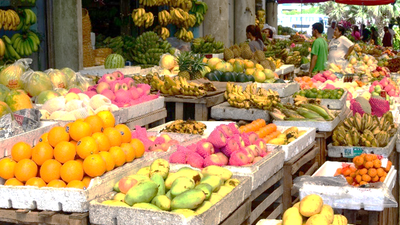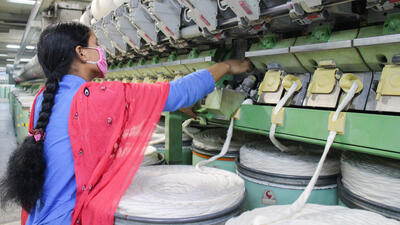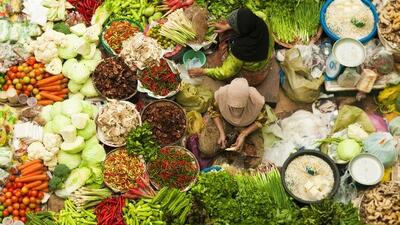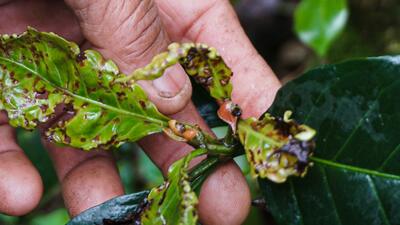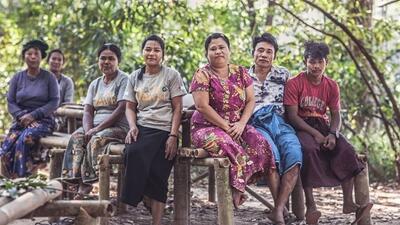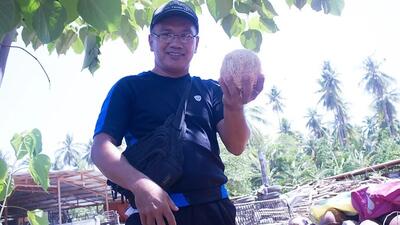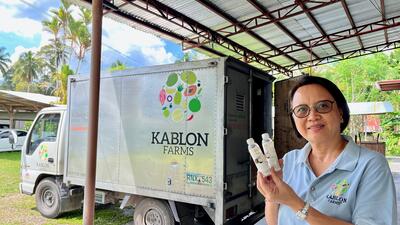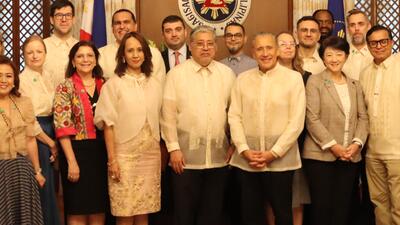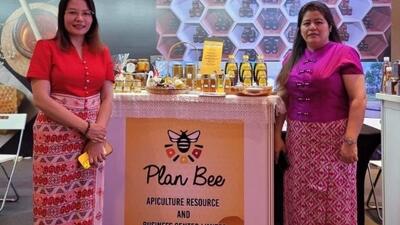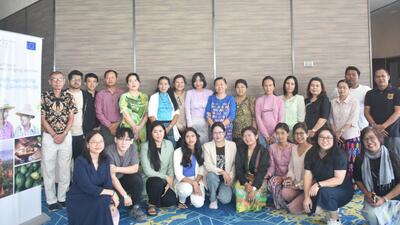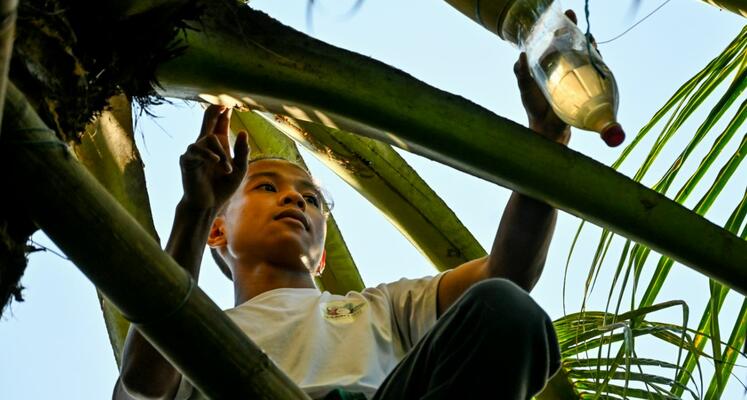
Cementing regional integration in the ASEAN
ITC supports SME competitiveness and regional integration in ASEAN
A vast majority of businesses in ASEAN are small and medium sized enterprises (SMEs). They are essential drivers of economic growth in ASEAN and hold the largest share of employment opportunities.
It is for this reason that SMEs are the ultimate beneficiaries of the ARISE Plus projects implemented by ITC in Lao PDR, Malaysia, Myanmar, the Philippines and Thailand with funding by the European Union (EU). ITC’s support positively impacts export-oriented sectors, their competitiveness and integration in regional value chains. SMEs as a result are able to sell more – especially to new export markets, ultimately creating jobs and contributing to inclusive economic growth.
“Training is vital for coffee producers and workers in Lao PDR. The coffee sector contributes to job creation, income generation for families and boosting the country’s economy – while improving the local livelihoods,” says Sengchanh Khammountha, the Vice President of the Lao Coffee Association.
In Lao PDR, ITC aims at enhancing trade opportunities through regional integration and use of preferential schemes for SMEs, in in two sectors: coffee and wood processing. Coffee producers received capacity building training to start organic coffee farms.
Phaengsy Daoduangdee, owner of Duangdee Coffee Farm, said: “I was able to gain a deeper understanding of organic farming and the process of applying for organic certification. In addition, I learned different organic ways to eliminate coffee pests, particularly coffee stem-borers, which have been a big issue for us farmers for some time.”
In Myanmar, 234 MSMEs – 74 led by women, built capacities to improve business services, management and export competitiveness. Factories were supported to addresses compliance with Sanitary and Phytosanitary (SPS) measures and private sector stakeholders increased their knowledge on leveraging the regional and multilateral trade agreements and arrangements that Myanmar can benefit from.
Exporters of honey and pineapple reported that they improved their production practices to meet international requirements: “We now have the necessary knowledge regarding international food safety and capacities. We are more confident to enter high quality markets like the EU and ASEAN. We also learned about the required certificates for those export markets. We shared the knowledge received with our fellow farmers in our community.”
Women and youth-owned businesses, particularly had to take blows from Covid-19. Dedicated support through ITC projects contributes to addressing challenges to help overcome the economic and trade setbacks at the hands of the pandemic.
In the Philippines, ITC launched the Ye! Boost Accelerator, to enhance the capacities of youth-led businesses and start-ups to internationalize, provide export training, improve investment readiness, strengthen Intellectual Property protection and help them to connect with experts, buyers, and access finance.
SMEs benefit from improved business environment, policies and processes to increase their competitiveness as ITC works on trade facilitation and transparency, quality management, standards and conformity assessment with government entities and regulators. The ARISE Plus projects provide support for the implementation of the ASEAN Trade in Goods Agreement (ATIGA) and for improving Sanitary and Phytosanitary (SPS) regulatory, control systems and quality compliance in line with ASEAN commitments.
“I gained a better understanding of the principles underlying the provisions in free trade agreements (FTAs) and in turn, improved my understanding of claims made under dispute settlement clauses,” Ms. Nadira Noordin, Senior Federal Counsel with the Attorney General’s Chambers Malaysia said.
Such trainings aim to improve understanding of the impact of the various clauses of FTAs on states and businesses to contribute to strengthening the countries’ sustainable business and investment environment. They contribute to enhancing countries’ FTA negotiation capacities
According to Pongpon Chanta, Agricultural Research Officer in Thailand, “audit planning is vital for an efficient and effective audit as it ensures that the auditor will be able to collect relevant data to make sound recommendations. This training will help improve our audit planning skills”. Such as several others ITC trainees, Pongpon participated in a Lead Auditor Course on ISO 9001, with internationally recognized qualification. Such training should also facilitate compliance with regional and international organic export requirements.
With ITC’s support to SME competitiveness and regional integration in ASEAN, businesses in a wide range of sectors can benefit from improved performance by introducing internationally recognized quality management systems while building trust and confidence of buyers.
Supporting ASEAN Economic Community through ARISE Plus
In the framework of the ASEAN Regional Integration Support (ARISE Plus) programme of the European Union (EU), the International Trade Centre (ITC) is implementing five ARISE projects in Laos, Malaysia, Myanmar, the Philippines and Thailand.
Funded by the EU, these national components of the programme are supporting regional economic integration and trade in the ASEAN, and contributing to the integration of the SMEs in global value chains aligned with the priorities set in the ASEAN Economic Community Blueprint 2025.




